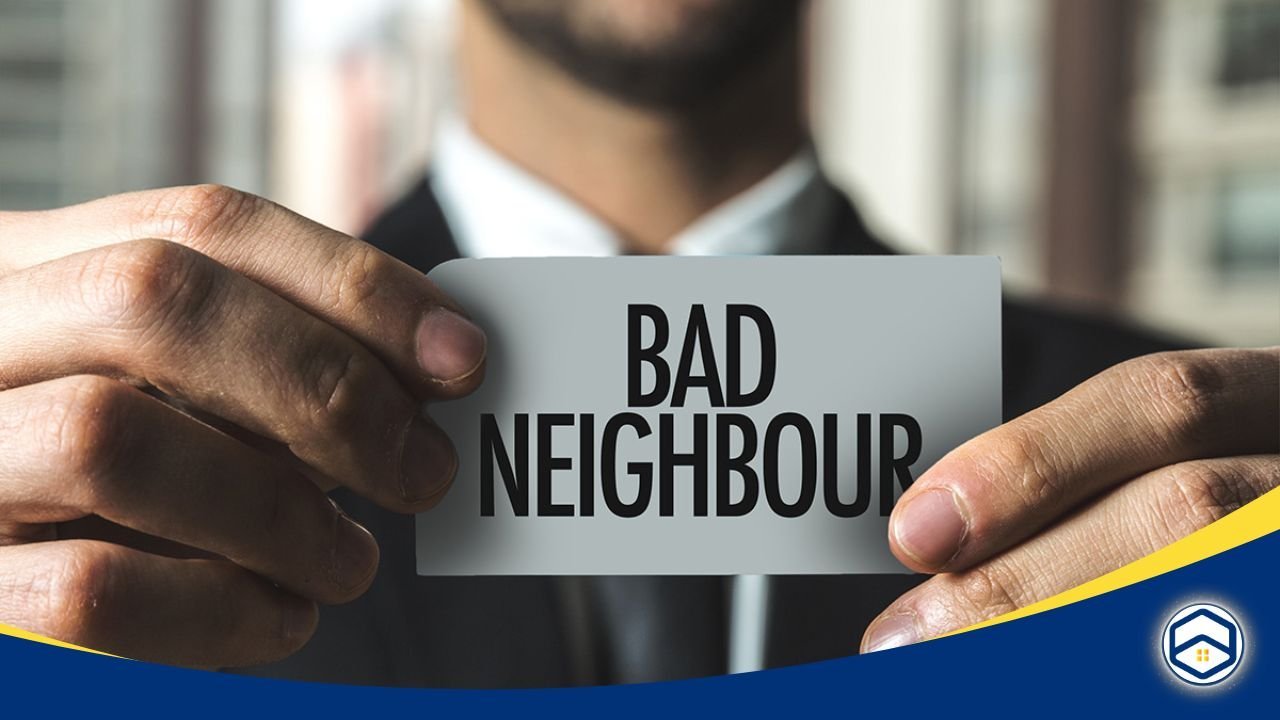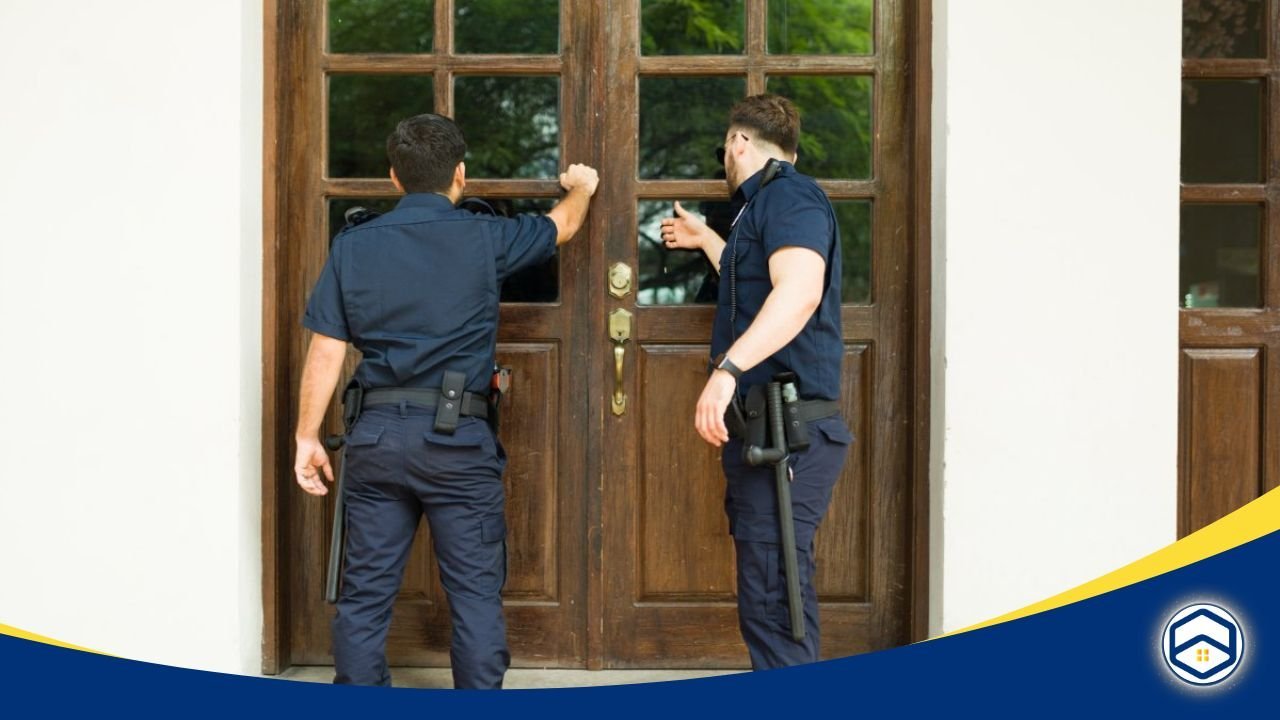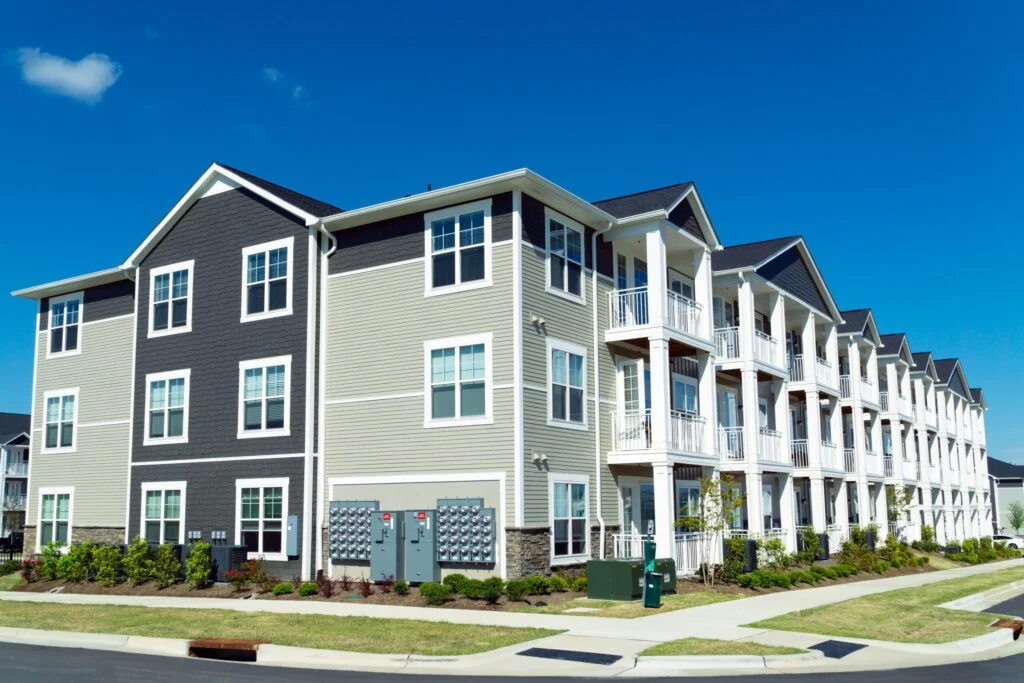Living next to bad neighbors can turn your home into a place of stress and anxiety instead of a sanctuary. Whether they’re noisy, intrusive, disrespectful, or confrontational, bad neighbors can negatively impact your quality of life. This comprehensive guide will provide you with practical strategies and helpful tips on how to deal with bad neighbors, turning a potentially hostile situation into a peaceful coexistence.
Understanding the Root of the Problem

It’s easy to let frustration get the better of you when you’re figuring out how to deal with bad neighbors. However, before jumping to conclusions or reacting impulsively, it’s crucial to step back and consider the various factors that might be at play. Understanding the root cause of the issue can often help to address it more effectively and might even pave the way for a better relationship with your neighbors. Here are some common reasons why neighbors might become a source of stress or conflict:
1. Lack of Awareness
Some people are simply unaware that their actions are causing distress to those around them. They might not realize that playing loud music late at night or letting their pets roam freely can be disruptive. In these cases, a gentle reminder or conversation can go a long way.
2. Different Lifestyles
People lead different lives, and what might be a reasonable schedule for one person could be completely out of sync with another. Differing work hours, cultural practices, or family structures can lead to misunderstandings about what constitutes acceptable behavior. This can cause friction, especially if you’re figuring out how to deal with bad neighbors whose lifestyle is more disruptive to your sense of peace and quiet.
3. Conflict of Interests
It’s not uncommon for neighbors to have differing opinions about shared spaces or community rules. Issues such as property boundaries, parking spots, or acceptable noise levels can quickly escalate into larger disputes if not handled with care. Sometimes, these disagreements are fueled by differing interpretations of local regulations or property rights.
4. Personal Issues
Sometimes, a neighbor’s behavior has less to do with you and more to do with what they are going through personally. They might be dealing with health issues, stress at work, or relationship troubles, which can affect their behavior toward others. In these cases, it might be helpful to approach the situation with empathy, recognizing that their actions might not be entirely within their control.
Considering these factors can offer a more nuanced perspective when deciding how to deal with bad neighbors. Instead of immediately assuming malice or disrespect, you can approach the situation with an open mind and a willingness to understand their point of view. This mindset can lead to more productive conversations and help de-escalate potential conflicts before they spiral out of control.
Strategies for Dealing with Bad Neighbors

Once you’ve identified the root of the problem, consider these strategies to address the issue with your bad neighbors:
1. Open Communication
Initiating a friendly conversation can often resolve misunderstandings when figuring out how to deal with bad neighbors. Approach your neighbor with a positive attitude and express your concerns without being confrontational. Here’s how to do it:
- Choose the Right Time: Find a moment when your neighbor seems relaxed and approachable.
- Use “I” Statements: Avoid sounding accusatory by focusing on how their behavior affects you. For example, say, “I find it hard to sleep with loud music at night,” instead of “You’re too noisy.”
- Listen Actively: Let your neighbor share their perspective, and be open to finding common ground.
2. Set Boundaries
If communication doesn’t resolve the issue, consider setting clear boundaries. This is an important step in how to deal with bad neighbors and might involve physical boundaries, like fences or hedges, or personal boundaries, like agreed-upon quiet hours.
- Respect Property Lines: Ensure that your property and their property are clearly marked to avoid disputes.
- Establish Quiet Hours: If noise is a problem, agree on times when loud activities should cease.
3. Mediation

When direct communication fails, mediation might be the next step in how to deal with bad neighbors. A neutral third party, such as a professional mediator or a community association, can help you and your neighbor find a resolution.
- Community Mediation Centers: Many cities have mediation centers that offer services to resolve neighbor disputes.
- Homeowners’ Associations (HOAs): If you live in a community with an HOA, they can help mediate conflicts.
4. Document the Issues
If you’ve tried talking with your neighbors and the problems persist, it’s important to start documenting the issues. This not only helps you keep track of recurring incidents but also provides tangible evidence should you need to escalate the matter to a higher authority, such as a homeowners’ association, property manager, or local authorities. When considering how to deal with bad neighbors, documenting issues can be a crucial step. Here’s how you can do it effectively:
- Record Dates and Times: Each time a problematic event occurs, note down the date and time. This will help you identify patterns in the behavior and demonstrate its frequency. For instance, if you’re dealing with loud parties, knowing that they happen every Friday at 10 PM provides clear evidence of a recurring issue.
- Describe the Behavior: When documenting incidents related to how to deal with bad neighbors, it’s crucial to describe the behavior in detail. It’s not enough to simply jot down that something happened; be specific in your descriptions to avoid ambiguity and provide a clear account of what occurred. Were they playing loud music? Was their dog barking non-stop? Was there a physical altercation or a verbal argument? The more details you include, the stronger your documentation will be for addressing the issue or escalating it if needed.
- Keep Correspondence Records: If you’ve had any communication with your neighbors about the issues, keep a copy of those exchanges. This includes text messages, emails, or written notes. If you’ve had face-to-face conversations, write down a summary of what was discussed, including any commitments made by either party. This information can be crucial in showing that you’ve attempted to resolve the matter amicably.
- Capture Evidence: If possible, capture evidence of the problematic behavior. This could be in the form of photos, videos, or audio recordings. However, be mindful of privacy laws in your area; make sure you’re not violating anyone’s rights by recording them without permission. Evidence can strengthen your case and offer a clearer picture of the issues you’re experiencing.
- Log Impact on Your Life: As part of the process of learning how to deal with bad neighbors, document how these incidents are affecting you and your family. Are you losing sleep because of noise? Are you afraid to let your kids play outside because of aggressive behavior from your neighbors? These personal impacts add a human element to your documentation, illustrating why the behavior is problematic and emphasizing the need for resolution.
- Organize Your Records: Once you’ve gathered all this information, organize it in a way that’s easy to understand. You might use a spreadsheet to track dates and times or create a document with chronological entries detailing each incident. Having everything in order will make it easier to present your case if you need to seek outside help.
5. Involve Authorities

As a last resort in figuring out how to deal with bad neighbors, you might need to involve local authorities, such as the police or code enforcement. This step should only be taken if there’s a clear violation of laws or regulations, like noise ordinances or property damage.
- Contact Local Authorities: If safety is a concern, don’t hesitate to call the police. For less severe issues, code enforcement or a neighborhood watch might be more appropriate.
- File a Formal Complaint: If mediation fails, you can file a formal complaint with your local government or HOA.
6. Consider Legal Action
In extreme cases, legal action might be necessary. This should be considered only after all other avenues have been exhausted, and if you’re exploring how to deal with bad neighbors through legal channels, it’s advisable to consult with a lawyer before proceeding. Legal action can be costly and time-consuming, so ensure you have a solid case and understand the potential outcomes.
- Seek Legal Counsel: An attorney can help you understand your rights and guide you through the legal process.
- File a Lawsuit: If the behavior violates laws or causes significant damage, you might consider filing a lawsuit.
Preventing Future Conflicts

Once you’ve resolved the immediate issue, take steps to prevent future conflicts with your neighbors:
- Build Positive Relationships: Foster a sense of community by getting to know your neighbors and participating in local events.
- Be Respectful: Treat others as you’d like to be treated, respecting their privacy and boundaries.
- Stay Informed: Keep up-to-date with local regulations and ordinances to avoid unintentional conflicts.
Conclusion
Dealing with bad neighbors can be challenging, but with patience, communication, and the right approach, you can turn a tense situation into a more peaceful coexistence. Knowing how to deal with bad neighbors involves understanding the root of the problem and applying appropriate strategies to restore harmony to your home and neighborhood. Remember, the key to success is maintaining a positive attitude, addressing issues constructively, and focusing on finding common ground.









